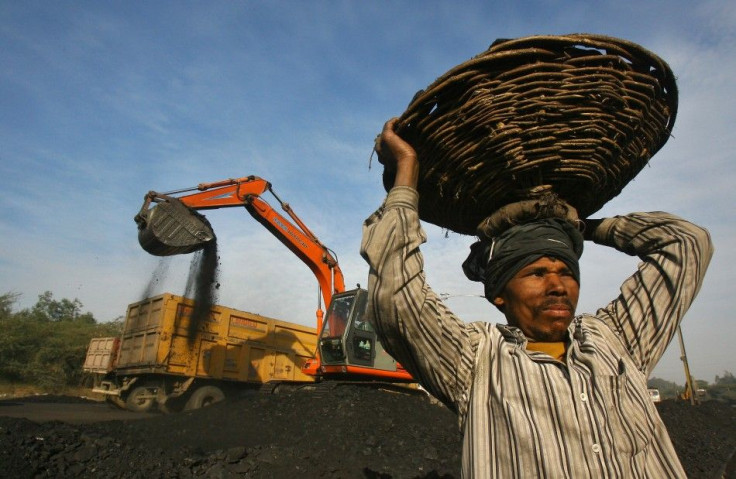India Government Accuses NGOs, Including Greenpeace, Of Opposing Economic Development

The Indian government says opposition from several nongovernmental organizations, including Greenpeace, to development projects like nuclear and coal plants in the country will cut economic growth by 2-3 percent per year, according to Indian media reports.
A 21-page report from India’s Intelligence Bureau, dated June 3 and entitled "Impact of NGOs on Development," claims the organizations and their international donors are planning to protest many budding economic development projects, including some in Gujarat, the western state that newly elected Prime Minister Narendra Modi led for more than a decade. Under Modi’s administration, the state’s economy outpaced other regions of the country.
The report lists seven projects and claims they were each stalled because NGOs led agitation against nuclear power plants, uranium mines, coal-fired power plants, farm biotechnology, mega industrial projects, hydroelectric plants and extractive industries.
Intelligence Bureau Joint Director S. A. Rizvi accuses Greenpeace, the largest international NGO listed, of breaking laws to “change the dynamics of India’s energy mix,” using its “superior network” of Indian organizations to stir anti-nuclear agitations and mount “massive efforts to take down India’s coal-fired power plants and coal mining activity.”
Greenpeace is accused of violating provisions of India’s Foreign Contribution (Regulation) Act of 2010 and financing “sympathetic studies” at the Tata Institute of Social Sciences and at IIT-Delhi. Greenpeace will target India’s information technology sector next, the report said.
Greenpeace “is assessed to be posing a potential threat to national economic security … growing exponentially in terms of reach, impact, volunteers and media influence,” the report said. “The efforts are focused on ‘ways to create obstacles in India’s energy plans’ and to ‘pressure India to use only renewable energy.’”
In response, Greenpeace has said in an online statement:: “We believe that this (IB) report is designed to muzzle and silence civil society who raise their voices against injustices to people and the environment by asking uncomfortable questions about the current model of growth.”
© Copyright IBTimes 2025. All rights reserved.





















